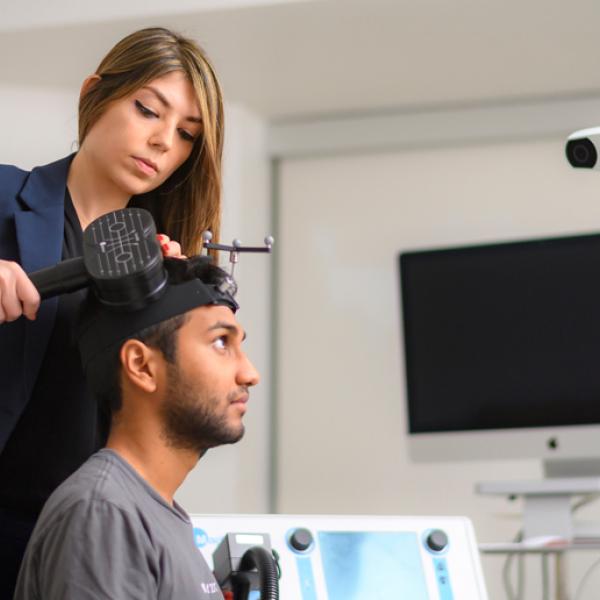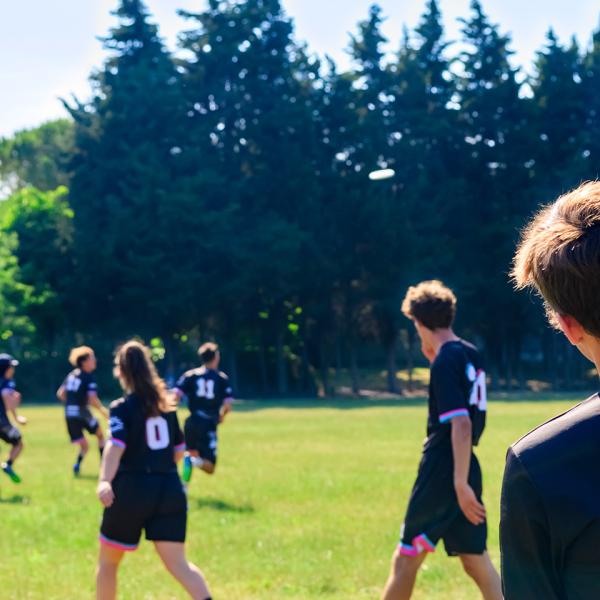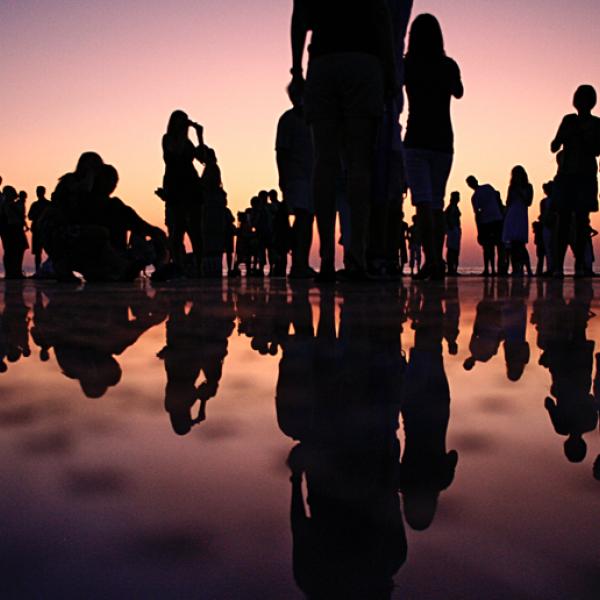Access to mental health support can be a challenge for many post-secondary students, particularly those studying away from home, and COVID-19 has only exacerbated that.
That’s why researchers at the College of New Caledonia in Prince George, B.C., plan to develop and study a virtual reality (VR) experience as a tool to help students build resilience and learn coping mechanisms for stress and anxiety.
VR has not been widely available as a treatment because of cost and technical limitations. But the rise of relatively affordable VR headsets now makes it a viable way to intervene faster and more effectively, and ease pressure on existing services while meeting COVID-19 safety protocols.
Virtual reality provides timely mental health intervention
“We knew we had to find more meaningful and timely services for students to alleviate stress and promote wellness,” says lead researcher Romana Pasca, an expert in international education. International students, in particular, have added pressures that come with adjusting to living, studying and working in a new country, and the pandemic has compounded those problems.
COVID-19 has added to the isolation students may feel as they can no longer congregate on campus. “Students feel lost; they don’t have that connection with fellow students and staff,” explains Pasca
“With COVID-19, it became more difficult and yet more necessary for students to have support. VR will offer more timely wellness coaching; it’s not to replace the counsellor, but to help students while they wait to see one.”
Study is unique because it looks at international college students

The research is unique because of the group of people it focuses on: college students between 19 and 22 years old who are studying away from home. There are no other studies that have followed post-secondary students through a complete academic year, Pasca says.
The researchers also aim to uncover what types of treatments are helpful to different students. “Our services are very westernized so may not meet the needs of international and Indigenous students,” says Pasca. “We need to find out from students’ perspective what is meaningful to them, and propose a new way of addressing their needs that is culturally appropriate.”
“VR offers a new way of reaching out in a non-invasive, modern way,” says Pasca. “We hope it will speak more to students.”






